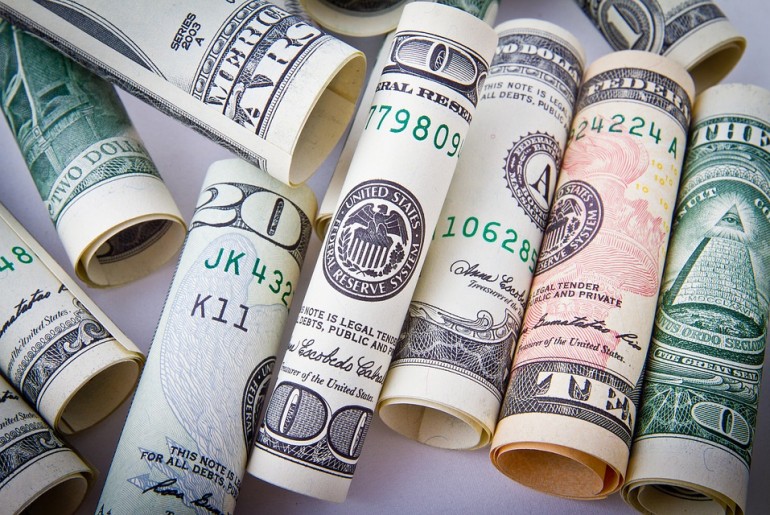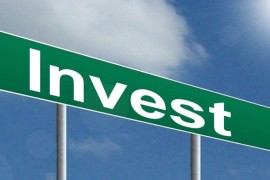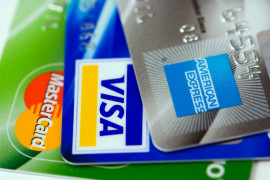Think for just a moment about how many things you manage online in terms of your personal finances. You likely take care of monitoring all of your accounts including checking, savings, and investments, as well as paying bills, managing credit cards, keeping track of insurance premiums and much more.
That’s a lot of personal financial information floating around in cyberspace, and while it can be incredibly convenient to manage your finances this way, there are also things you need to do to keep yourself safe.
The following are some of the best ways to protect yourself across all the ways you might manage your finances online.
Be Careful With Emails
If you send emails back and forth that could include any financial information, make sure you’re taking a lot of precautions. It’s relatively easy to hack into email accounts, and if you are the victim of an email breach and you’ve sent financial information you may be in trouble.
To protect yourself you might consider using encryption software if you send a lot of important information back and forth, and use email filtering tools as well, so you can protect yourself against threats like phishing attacks.
Be Cautious with Wireless Connections
A lot of people don’t realize just what a big threat unsecured wireless connections or public wi-fi can be when it comes to potential theft of personal information. An unsecured wi-fi connection doesn’t provide the security of options like a hardwired internet connection, encrypted wireless network, or even the data connections offered by your mobile device.
Ensure that your home wireless security protections are strong and password protected, and try not to access any financial information from public connections if possible.
Protect Apps
An increasing number of people are using personal finance tools that let them do things like check their accounts easily on their mobile device and manage their budgets. These can be great tools, but you need to be careful. If your device were to be stolen and you don’t have high levels of protection for these apps, the thief could access all of your financial information.
Always make sure that you keep the apps updated, so they’re secure, and use the highest password protection or security protection they offer. Many of these apps now offer the option to integrate fingerprint access, and if that’s available, you should use that.
Check Sites Before Buying
One of the primary threats to your personal financial information happens when you buy things online, but of course, the majority of us do that on a regular basis. To protect yourself check that any site where you’re making a purchase starts with https instead of http. Also, make sure the bottom of your browser or the address bar shows a padlock symbol.
As a final note, if you are making purchases online you might want to use a credit card rather than a debit card because they tend to have strong security and anti-fraud protections available. Otherwise, choose sites that do payment processing through a third-party service provider, such as PayPal or Google Checkout.











Comments are closed.